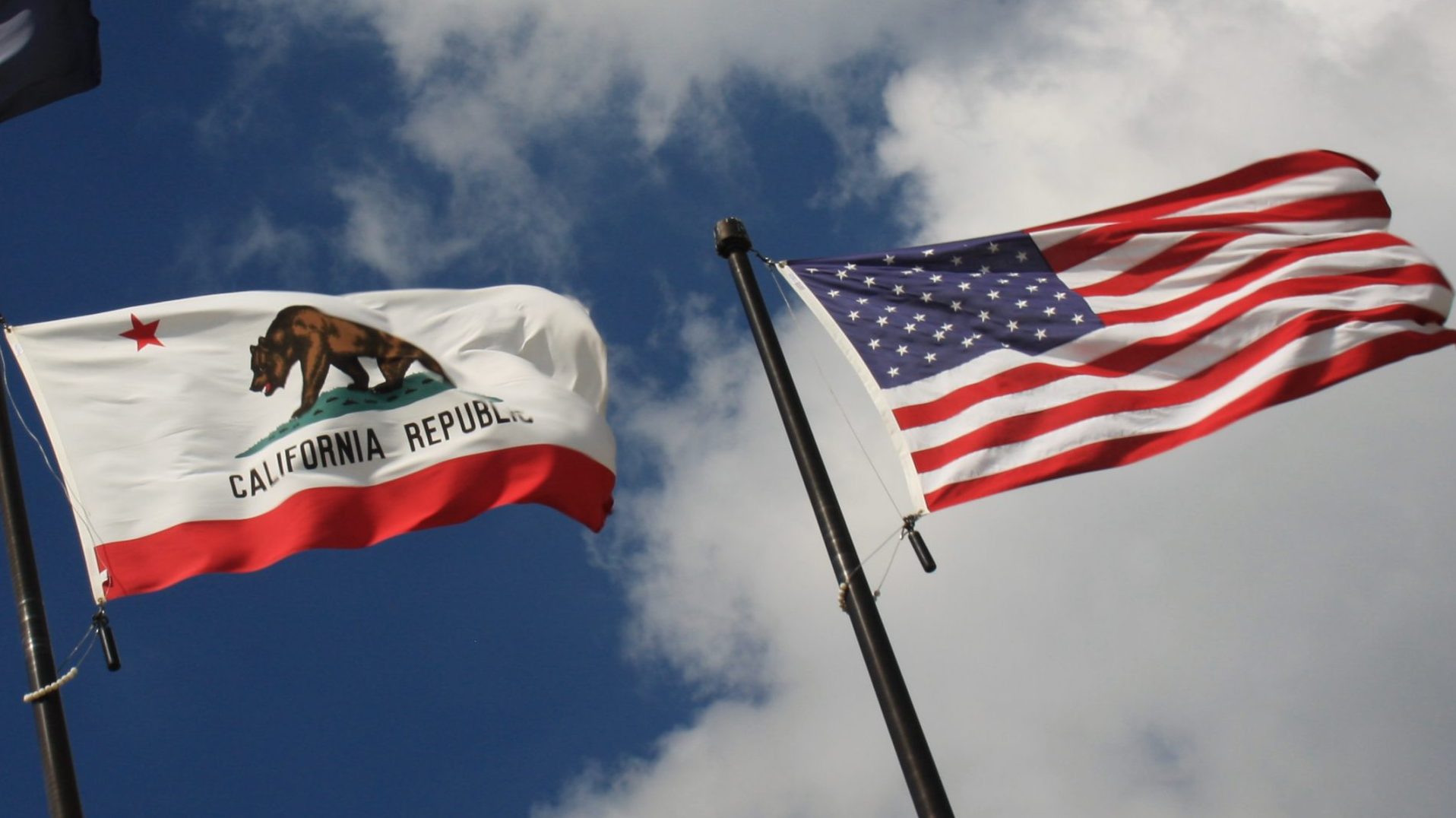

Multiple federal agencies are reportedly moving to revoke California’s right to set its own air quality and fuel economy standards, and potentially sue automakers who have come out in support of California’s continued self-regulation.
Californian officials have pledged to adhere to emissions and efficiency standards approaching those established under the Obama administration, drawing the ire of President Donald Trump. The current administration wishes to slow the annual increase of corporate fleet fuel economy to reach 37 miles per gallon by 2026, as opposed to the previous administration’s planned increase to 46.7 mpg over the same period.
Under erstwhile coal lobbyist Andy Wheeler, the Environmental Protection Agency (EPA) is reportedly expected alongside the National Highway Traffic Safety Administration (NHTSA) to soon present a proposal that would strip California and other states of their ability to set efficiency standards that exceed that established by the federal government, reports Reuters. While this proposal will reportedly allow California and others to continue setting fed-exceeding emissions laws, another federal body is reportedly trying to kick the support for state-level carbon regulations out from under California and others, under the threat of “legal consequences.”
According to The Wall Street Journal, the Department of Justice (DOJ) has launched an antitrust investigation against four automakers who cut a deal with California in July. The DOJ reportedly alleges that in volunteering to meet emissions standards more stringent than those proposed by the Trump administration (but still less so than those suggested under Obama), Ford, Honda, BMW, and Volkswagen “violated federal competition law by agreeing with each other to follow tailpipe-emissions standards beyond those proposed by the Trump administration.”
In effect, the DOJ accuses these four automakers of violating federal antitrust laws because they have agreed to abide by laws stricter than those imposed by the federal government. When made aware of the investigation, California Air Resources Board (CARB) chairwoman Mary Nichols publicly questioned the DOJ’s motives.
“The US Department of Justice brings its weight to bear against auto companies in an attempt to frighten them out of voluntarily making cleaner, more efficient cars and trucks than EPA wants,” Nichols said in an official statement. “Consumers might ask, who is [EPA Administrator] Andy Wheeler protecting?”
Antitrust lawyer Ankur Kapoor of law firm Constantine Cannon LLP questioned the Trump administrations claims that California’s agreement with automakers “appears to be inconsistent with federal law.”
“If you look at the agreement, all it says is that Ford, Honda, BMW and VW will agree to meet certain [California Air Resources Board] standards voluntarily,” Kapoor told CNBC. “There’s really nothing on the face of the documents that suggest any competitive concern.”